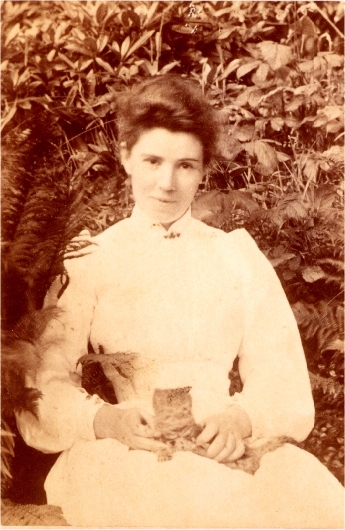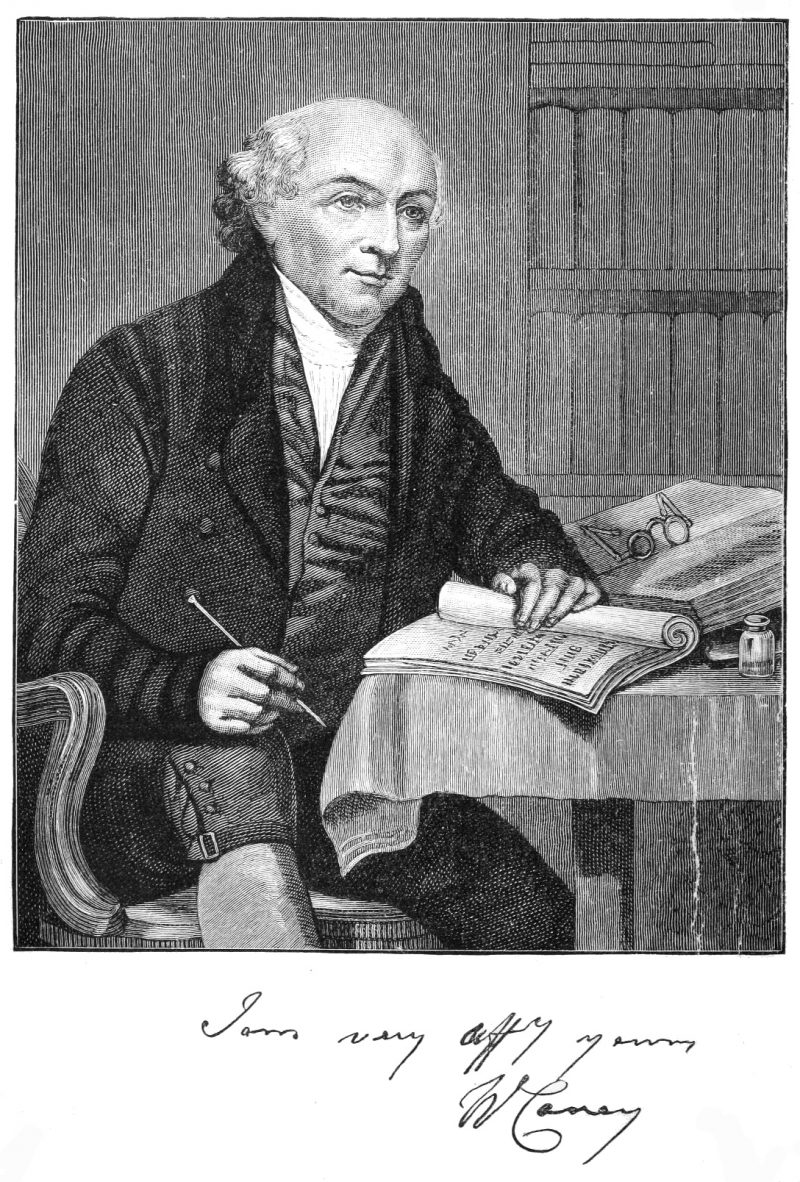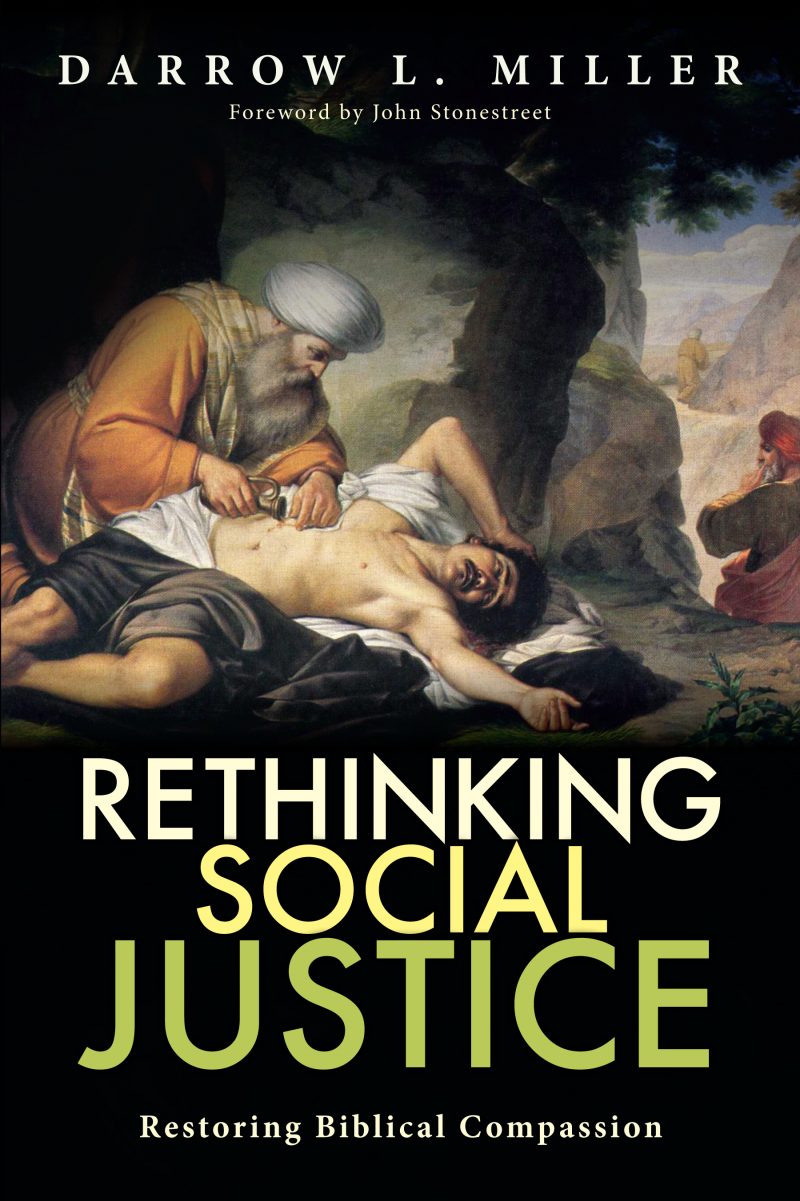History Repeats Itself in the “Social Justice” Debate Photo by Melany Rochester on Unsplash
Amy Carmichael (1867-1951) was one of the most respected missionaries of the first half of the twentieth century, yet she had no problem “engaging the  culture.” Among her other works, she established a ministry to protect, shelter, and educate temple prostitutes in India. Not unlike Phil Johnson, many of Carmichael’s fellow missionaries believed that her efforts to fight the injustice of temple prostitution in India were “worldly activities” that distracted her from the “saving of souls.” To this, she simply replied, “Souls are more or less firmly attached to bodies.”
culture.” Among her other works, she established a ministry to protect, shelter, and educate temple prostitutes in India. Not unlike Phil Johnson, many of Carmichael’s fellow missionaries believed that her efforts to fight the injustice of temple prostitution in India were “worldly activities” that distracted her from the “saving of souls.” To this, she simply replied, “Souls are more or less firmly attached to bodies.”
The problem with “social justice” isn’t its passion to engage the culture and fight for justice. The problem is all the unbiblical ideology that comes packed in the “social justice” Trojan horse.
Today’s “social justice” debate in the evangelical church feels eerily similar to the debate that led to division in the Protestant church in the early twentieth century. Then, the debate didn’t center on “social justice” but “social gospel.”
Advocates of the social gospel believed the church should be engaged in the culture, fighting against injustice and working to uplift the impoverished and downtrodden—all admirable goals. The problem was they unwittingly allowed secular assumptions to inform their theology of cultural engagement. Their profoundly unbiblical mindset is nicely captured in this quote from social gospel advocate, journalist Horace Greeley:
The heart of man is not depraved . . . his passions do not prompt to wrong doing, and do not therefore by their actions, produce evil. Evil flows only from social [inequality]. Give [people] full scope, free play, a perfect and complete development, and universal happiness must be the result… Create a new form of Society in which this shall be possible . . . then you will have the perfect Society; then you will have the Kingdom of Heaven.
Is the church to withdraw from the culture?
In response, the fundamentalist movement rose up to defend the gospel and orthodox biblical teaching. They rightly called out social-gospel advocates for their compromised, heretical teaching. But in doing so, they threw the baby out with the bathwater. Any talk of social and cultural transformation was now suspect. Fighting for justice was a distraction from preaching the gospel. The church should withdraw from secular culture and focus exclusively on personal holiness and evangelism.
 What was lost in this tragic episode was the historic biblical theology of justice and cultural engagement—the kind championed by Amy Carmichael, William Wilberforce, and William Carey, an approach to ministry that seamlessly links gospel proclamation and discipleship to social and cultural impact.
What was lost in this tragic episode was the historic biblical theology of justice and cultural engagement—the kind championed by Amy Carmichael, William Wilberforce, and William Carey, an approach to ministry that seamlessly links gospel proclamation and discipleship to social and cultural impact.
Today, advocates of “social justice” similarly want to fight against injustice and engage in the culture. But like the earlier social-gospel advocates, they too have unwittingly allowed their theology of justice to be contaminated by unbiblical postmodern and neo-Marxist ideas.
People like John MacArthur are calling them out, and rightly so. But rather than calling them back to an orthodox biblical approach to justice and cultural engagement, the MacArthur camp appears to be making the same mistakes as the earlier fundamentalists. They are calling into question the importance of cultural engagement. They are considering justice ministry a second-tier activity, a distraction from the gospel. They have reduced the Great Commission to proclamation only.
Time to rethink “social justice”
Let’s not repeat this tragic mistake. The crying need today, as it was in the early twentieth century, is to recover a biblical, orthodox approach to justice and cultural engagement. Unbiblical ideas have to be exposed and rejected, replaced by a uniquely Christian and biblical approach to social and cultural transformation that is gospel-centered, and known for its grace, forgiveness, and civility. One that treats all people as unique individuals, not mouthpieces of identity groups. One that understands that evil is rooted in human hearts, and not in capitalism, white supremacy or the patriarchy. One that sees people as free, responsible, accountable moral agents, and not as “victims” or “oppressors.”
is gospel-centered, and known for its grace, forgiveness, and civility. One that treats all people as unique individuals, not mouthpieces of identity groups. One that understands that evil is rooted in human hearts, and not in capitalism, white supremacy or the patriarchy. One that sees people as free, responsible, accountable moral agents, and not as “victims” or “oppressors.”
In 2015, Darrow, Gary and I published Rethinking Social Justice: Restoring Compassion. It lays out our case for what true biblical justice looks like, and why it is essential to Christian witness and ministry. It’s a message I hope that many will heed.
- Scott Allen






